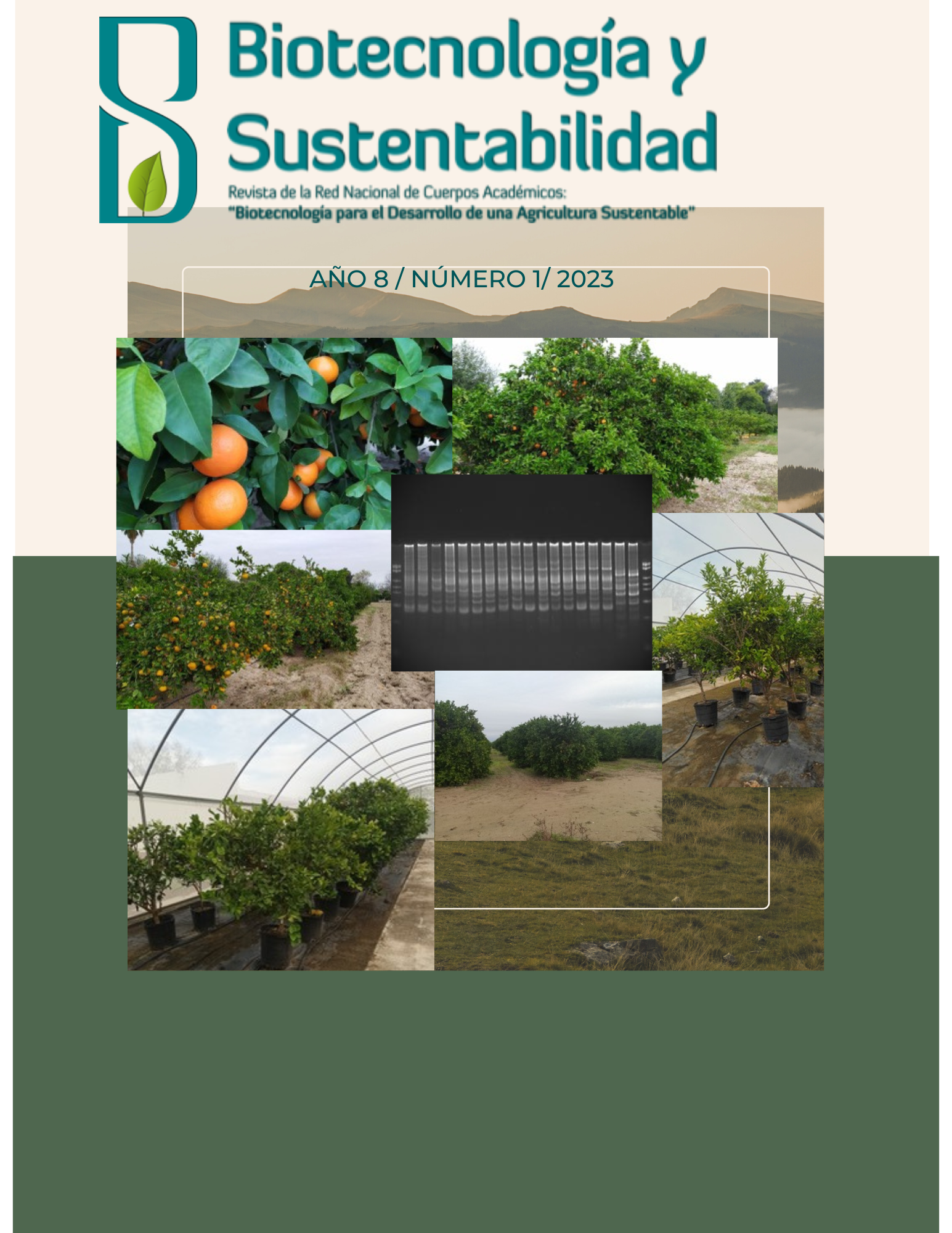Photocatalytic Biodiesel Production with TiO2
Published 2023-12-19
Keywords
- Heterogeneous catalysis, transesterification, biofuels, natural oxides
How to Cite
Abstract
Biodiesel is a renewable, eco-friendly energy source with great potential for use in diesel combustion engines. Conventional biodiesel production is characterized by using alkaline or acid catalysts that harm health and the environment. Titanium dioxide (TiO2) is a natural oxide with low toxicity, is insoluble in water, has high chemical stability, is corrosion resistant, and is abundant in the earth. TiO2 has shown high efficiency as a heterogeneous photocatalyst due to its large surface area and acid-base properties. This research established a randomized pre-experimental design to determine the best reaction conditions for the photocatalytic synthesis of biodiesel from olive oil. The variables to be evaluated were TiO2 concentration (0.1-1 g/L), reaction time under UV light (10-120 min), and molar ratio -oil/methanol (1:3-1:9). As a catalyst, TiO2 generated moderate to good biodiesel yields (19-70%). The highest biodiesel yield (70%) was achieved under the following conditions: 0.1 g/L catalyst, 120 min reaction time, and 1:9 v/v oil/methanol ratio. This work demonstrates the potential of TiO2 as a catalyst in the production of biodiesel from vegetable oils. Process optimization by response surface methodology should be performed to increase the biodiesel yield.

